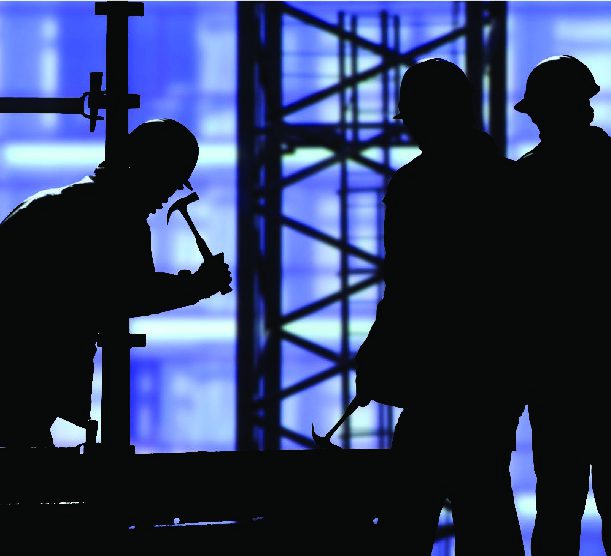Ross McKitrick , September 2016
Canada has had a troubled history of governments pursuing megaprojects that entail large losses of taxpayer money, leading politicians later to bemoan the fact that the project should never have been undertaken. Would better advance assessment avoid such losses? This paper looks at the question in the context of the history of three energy-related megaprojects in Saskatchewan in the 1980s: the NewGrade Heavy Oil Upgrader, the Bi- Provincial Heavy Oil Upgrader and rural gasification, respectively the Ugly, the Bad and the Good. The two upgraders were undertaken at a time of serious economic malaise in the province. The desire to build the economy and create sustainable jobs may have blinded political leaders to the reality that these projects did neither, at least at the time they were being built and for the first decade of their existence. The rural gasification initiative had much more sound economic rationale and a more defensible role for the government.
The history of the projects and their varied institutional structures yields a number of simple economic tests that should be applied to public projects, which I call the sand test and the couch test. The two tests provide an intuitive check on the reasoning often invoked on behalf of public megaprojects. These tests indicate that Saskatchewan should not have pursued the NewGrade Upgrader when it did, that the Bi-Provincial Upgrader had a better rationale but would likely not have passed at least one of the tests of reasonableness, and that rural gasification was a sound idea that has likely yielded net benefits for the province.



